
Top Economicsgraduate schools

Top Economics graduate schools
Looking for the top Economics graduate schools? We put together a comprehensive list of the best graduate programs for Economics, and put the results below. We include the acceptance rate, average GRE scores, and a brief description of each - all the information you need to kick start your research. Read on!
Table of contents
Columbia University Economics school acceptance rate
Columbia University's Economics acceptance rate is 25.00%.
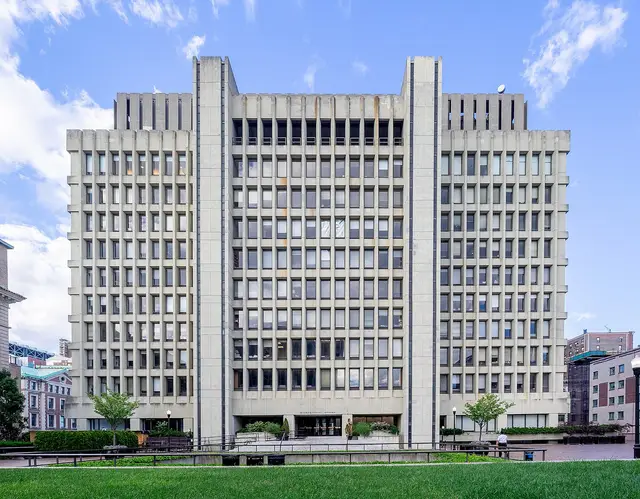
Ajay Suresh from New York, NY, USA / Wikimedia Commons / "Columbia University - School of International and Public Affairs" / CC BY 2.0
The Master of Arts program in the Department of Economics at Columbia University is aimed at students seeking to enhance their knowledge and skills in economics for future career opportunities or academic pursuits. This program offers a comprehensive curriculum that emphasizes a rigorous and technical approach to studying economics. Students have the opportunity to explore elective courses within the department for further specialization. The program admits around 75-85 students annually, equipping them with the necessary tools to conduct applied economic research. Graduates are prepared to tackle economic problems using quantitative methods, construct and analyze economic models, compete for well-paid jobs, and pursue enrollment in a doctoral program.
Harvard University Economics school acceptance rate
Harvard University's Economics acceptance rate is 4.00%.
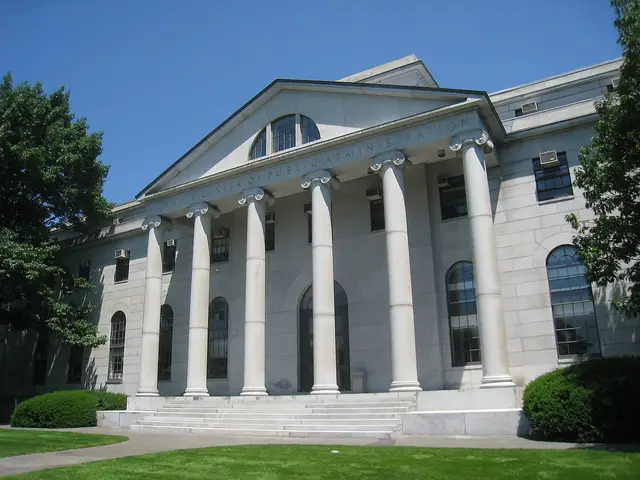
Daderot / Wikimedia Commons / "Littauer Center of Public Administration, Harvard University - IMG 9016-1" / Public domain
The Harvard Department of Economics is renowned for its commitment to addressing global challenges through scholarly research. The department offers a unique program that encompasses various fields, ranging from finance to political economy, ensuring a comprehensive understanding of economics. Students benefit from seminars conducted by renowned scholars from around the world and gain access to an extensive collection of over 13 million books and pamphlets across 90 separate library units. The department encourages diverse research, including investigations into bond price dynamics and the impact of temporary upstream steel tariffs. Graduates have achieved prestigious academic positions and secured careers at esteemed organizations like the International Monetary Fund, Vanguard, and Amazon.
Massachusetts Institute of Technology Economics school acceptance rate
Massachusetts Institute of Technology's Economics acceptance rate is 5.00%.

Daderot / Wikimedia Commons / "Morris and Sophie Chang Building (MIT Building E52), Cambridge, MA - DSC05617" / CC0
The master's program in Data, Economics, and Development Policy (DEDP) offered by MIT's Department of Economics is at the forefront of the data-driven fight against poverty. The program, a collaboration between the Economics Department and the Abdul Latif Jameel Poverty Action Lab (J-PAL), equips development professionals worldwide with the practical skills and theoretical knowledge necessary to tackle global challenges. What sets the program apart is its innovative admissions model, where applicants must first complete the online MITx MicroMasters credential before applying, eliminating the need for standardized tests like the GRE or GMAT. This approach attracts students from diverse backgrounds who excel at MIT and possess a strong dedication to improving the lives of millions.
Northwestern University Economics school acceptance rate
Northwestern University's Economics acceptance rate is 10.96%.
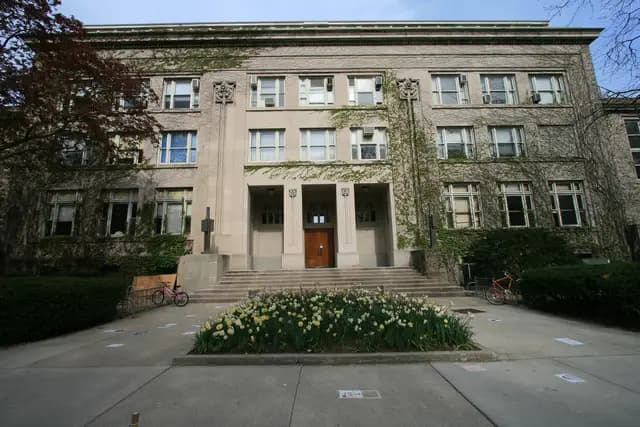
Madcoverboy at English Wikipedia / Wikimedia Commons / "Swift Hall at Northwestern" / CC BY-SA 3.0
Located in Evanston, just outside of Chicago, Northwestern University offers students the best of both worlds with its scenic lakefront campus and proximity to a vibrant city. The university's strong focus on economic history, supported by esteemed faculty and a comprehensive course selection, provides students with a unique foundation for research and teaching in the field. Students have various housing options, including apartments near campus and access to the city's public transportation system. Northwestern also offers on-campus graduate residence halls. Additionally, students benefit from a wealth of cultural and recreational opportunities both on campus and in the surrounding areas. The economics department boasts distinguished faculty, with many fellows and research associates of prestigious organizations, as well as former editors of prominent journals. Notably, Dale Mortensen, a longtime faculty member, was awarded the Nobel Prize in Economics in 2010.
Princeton University Economics school acceptance rate
Princeton University's Economics acceptance rate is 9.00%.
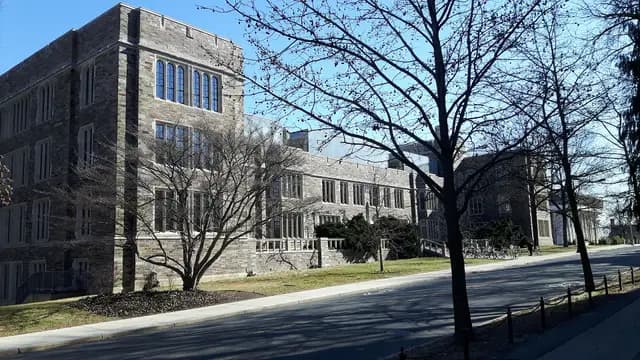
Sonny415 / Wikimedia Commons / "Julis Romo Rabinowitz Building" / CC BY-SA 4.0
Princeton University's Department of Economics is highly regarded for its study of economics. It is part of the prestigious "big five" schools in the field, along with Harvard, Stanford, MIT, and the University of Chicago. The graduate program attracts applicants from over 30 countries and provides specialization in areas like Macroeconomics, Industrial Relations, and International Finance. Graduates have achieved notable placements in leading universities worldwide. The department consistently ranks among the top in the world, according to QS World University Rankings and Times Higher Education World University Rankings. Unique aspects of studying at Princeton University's Department of Economics include its esteemed faculty, rigorous curriculum, and a diverse international student community.
Stanford University Economics school acceptance rate
Stanford University's Economics acceptance rate is 6.10%.
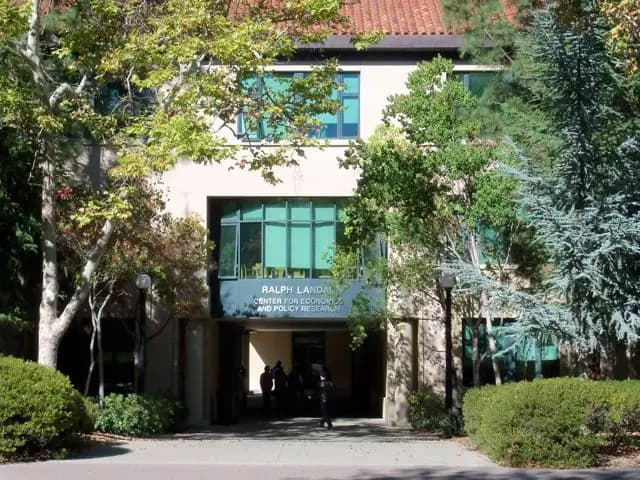
Erp / Wikimedia Commons / "Ralph Landau Building at Stanford University" / CC BY-SA 4.0
Stanford University's Graduate Programs in Economics educate students as research economists, preparing them for academic teaching and economics practice. The curriculum covers modern theory, empirical techniques, and specialized subfields, providing a comprehensive foundation. Students have some flexibility in their course choices, with a predetermined curriculum initially. Strong background in economics, mathematics, and statistics is required for admission. The master's program enhances knowledge and skills for professional careers or further doctoral studies. The Ph.D. program focuses on independent research and making original contributions to economics. The department offers fellowships and assistantships to support students throughout their studies. Stanford's Graduate Programs in Economics provide a rigorous and unique educational experience.

Achievable GRE - $199
Hit your GRE target score on the first try with Achievable's interactive online exam preparation course. Includes everything you need: unlimited quantitative practice questions, an easy-to-understand online textbook, 24 verbal / reading comprehension practice exams, 250 vocabulary words, and unlimited instant essay grading.
Easy-to-understand online textbook
Infinite randomized questions
200+ quant templates
30+ verbal sections
250 vocab words
Unlimited essay grading
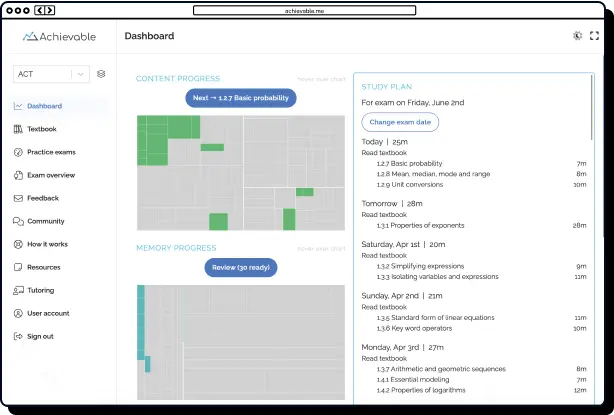
University of California, Berkeley Economics school acceptance rate
University of California, Berkeley's Economics acceptance rate is 2.50%.
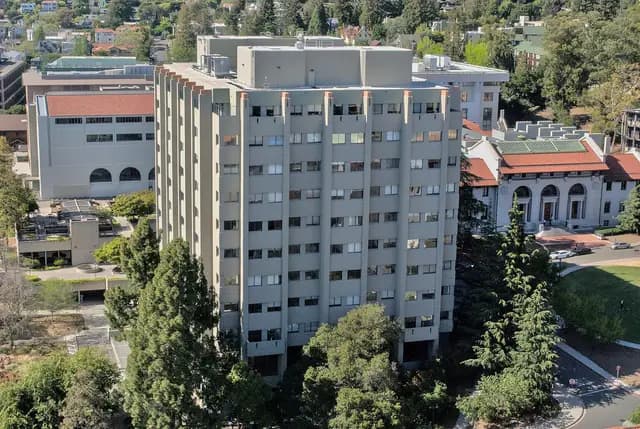
Gabriel Classon (gabeclasson on Flickr) / Wikimedia Commons / "Evans Hall from Sather Tower (52081220749)" / CC BY 2.0
The Master of Economics program at the University of California, Berkeley is highly regarded for its comprehensive study of economics. Known for its global reputation, the university attracts a significant number of international students seeking to pursue this course. What sets studying at the University of California, Berkeley apart is its commitment to providing exceptional education quality, extensive practical learning opportunities, and ample work prospects for international students. The program equips students with the necessary skills to conduct extensive research in the field of economics. With an interactive curriculum, abundant research opportunities, and a distinguished faculty, students can expect a transformative learning experience. Choosing the MS Degree in Economics at the University of California, Berkeley allows students to delve deep into the subject and develop analytical expertise.
University of Chicago Economics school acceptance rate
University of Chicago's Economics acceptance rate is 3.57%.
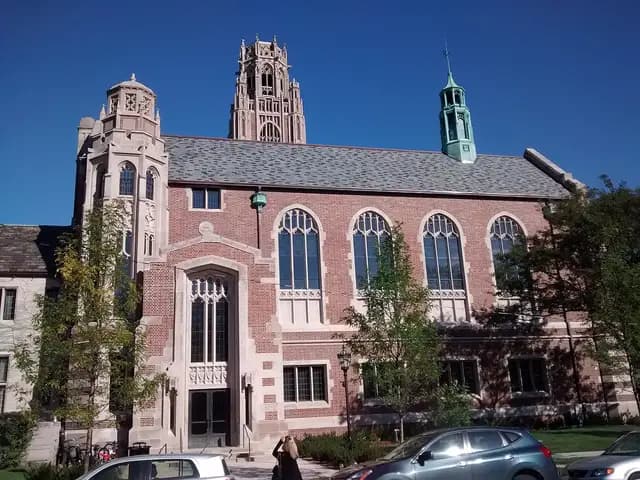
Mx. Granger / Wikimedia Commons / "Saieh Hall for Economics" / CC0
The Department of Economics at the University of Chicago is internationally recognized and highly esteemed for its faculty and teaching quality. With a competitive selection process, the department receives hundreds of applications for a limited number of graduate student positions each year. In addition to fulfilling formal admission requirements, prospective students can explore various complementary programs offered by the department. The department is dedicated to supporting its doctoral students in securing academic, nonacademic, and research positions worldwide. They provide resources such as informational sessions, a placement brochure distributed to numerous organizations, job opening postings, and mock interviews. Successful applicants receive comprehensive financial support, including tuition coverage, insurance, stipends, and research funds for five years.
University of Pennsylvania Economics school acceptance rate
University of Pennsylvania's Economics acceptance rate is 8.10%.
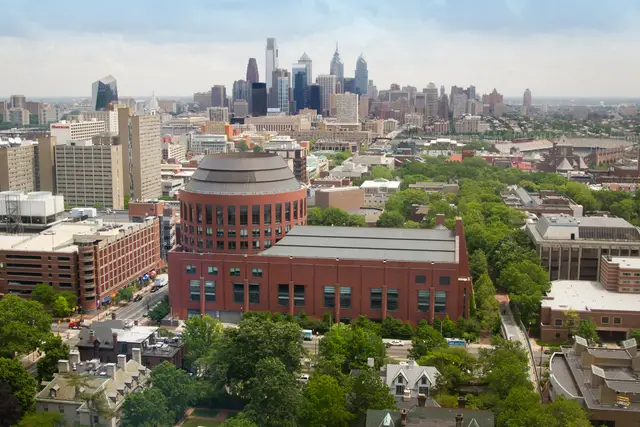
WestCoastivieS / Wikimedia Commons / "Huntsman Hall at the University of Pennsylvania" / CC0
The University of Pennsylvania's graduate economics program, administered by the Graduate Group in Economics, offers a Ph.D. degree. The program focuses on training students to excel in economic research, covering all major areas of economics, with notable strengths in microeconomics, macroeconomics, and empirical analysis. The program prepares graduates for prestigious positions in academia, research institutions, and government agencies worldwide. The program requires full-time commitment towards the Ph.D. degree, and part-time and terminal Master's applications are not considered. Students gain a strong foundation in economic theory and econometric methods before delving into their own research. The program typically takes around 5.25 years to complete, and students receive financial support through fellowships, research assistantships, and teaching assistantships during their initial five years of study.
Yale University Economics school acceptance rate
Yale University's Economics acceptance rate is 7.00%.
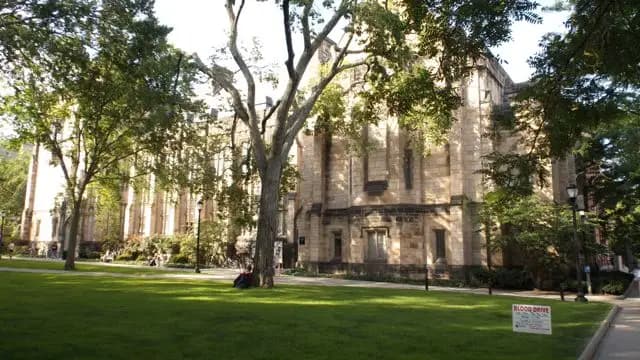
Donschueler / Wikimedia Commons / "Harkness Hall at Yale" / CC BY-SA 3.0
Yale's Department of Economics, alongside its affiliated research centers, is renowned for its research and teaching in economics. With a diverse faculty of over 60 members, the department explores various subfields and contributes to economic policy through cutting-edge quantitative analysis. Notably, four faculty members have received the Nobel Prize in Economics. The department hosts over 135 Ph.D. students and 50 pre-doctoral fellows from diverse backgrounds worldwide. Additionally, it maintains strong connections with other professional schools at Yale, facilitating interdisciplinary collaboration. The faculty's broad research and teaching interests cover a wide range of topics, providing students with a comprehensive education in economics. The department promotes critical thinking, exposing students to different methodologies and perspectives in economics.
Conclusion
And there you have it - the top Economics graduate schools. These are some of the best schools in the country for Economics, and admission into any of them would be a great accomplishment that could set you up for a strong career. Good luck!
Interested in the top graduate schools for other programs?
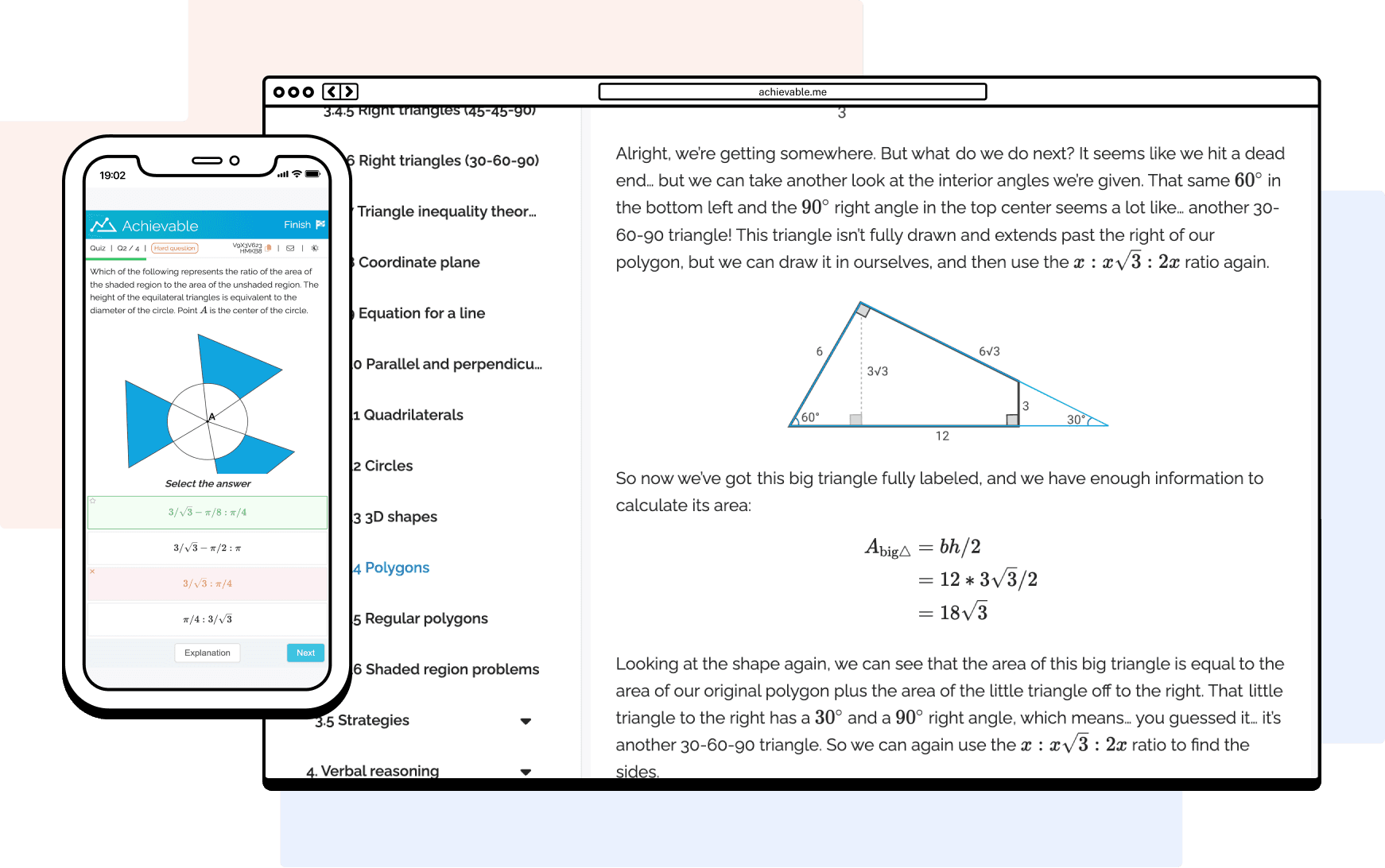
Hit your target score
Achievable is the best online GRE exam prep course: effective, personalized, and convenient. With Achievable, you'll spend less time studying and hit your target score with confidence.